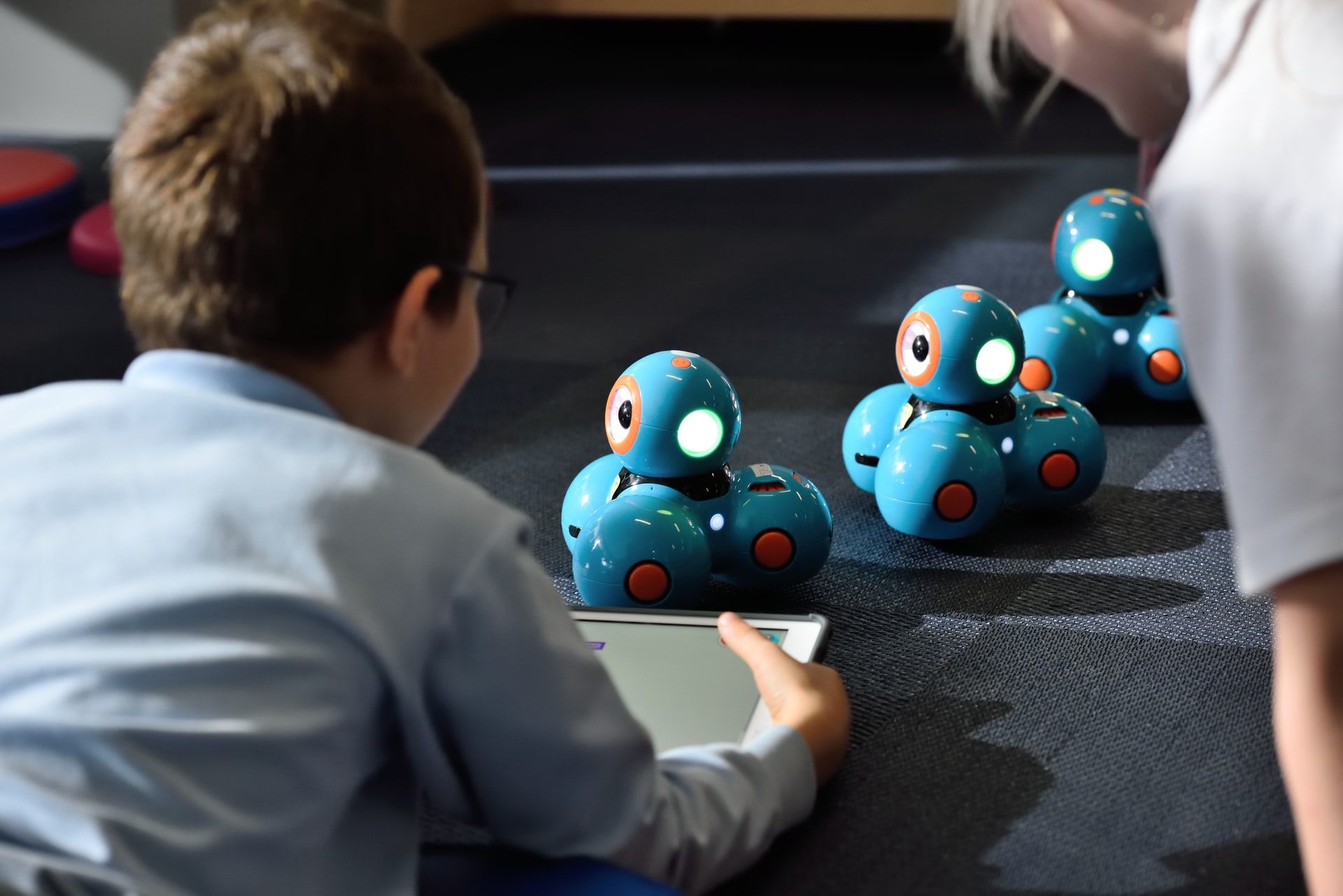10 Benefits Of Project-Based Learning
By Tina Shaffer
Project-based learning (PBL) is a powerful teaching method that has extensive benefits for students, ranging from critical thinking to project management to self-confidence. According to research conducted by The Autodesk Foundation, studies have shown that project-based learning is linked to significant improvements in student test scores, attendance, and classroom engagement. It also gives teachers the opportunity to build stronger relationships with their students by acting as their hands-on learning facilitator. In essence, PBL is an instructional method where students collaborate with others and “learn by doing.” The same skills learned through PBL are also many of the skills sought by employers.
- 0 Comments
- May 4, 2021 10:00:00 AM
- Posted by Natalia Galvis
- Topics: Math, EdTech, STEM, Curriculum, Problem Based Learning (PBL), teachers, Drones, students, Technology, PBL, Edchat, Gendergap, Digital Technology, Augmented Reality, teaching, online, virtual learning, lessons
10 Ways Drones Are Being Used In The Classroom
By Jess Brown
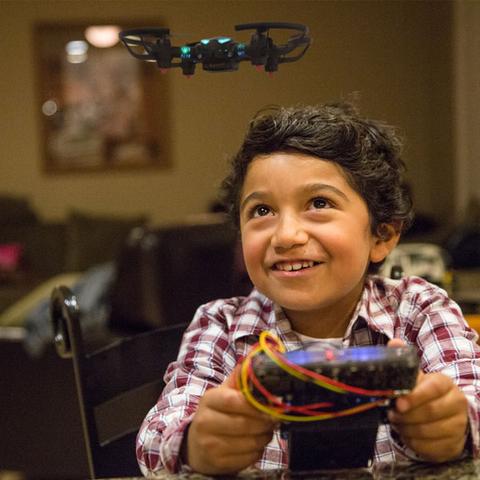
A new report from Samsung’s Alternative Careers Guide, released last week, found that 16-to-18-year-olds are no longer interested in traditional jobs such as becoming an accountant, teacher, or lawyer, but were more interested in digital roles – with a drone operator being amongst the top ten most popular dream careers. This may be due to the fact that over the last year it has become increasingly common for teachers to utilize interactive learning tools such as drones within the classroom.
By welcoming drones into the classroom, teachers have a new way of making learning more fun and interactive for children, whilst also providing them with the opportunity to learn about technology that they may wish to base their future career on. Below we have listed 10 ways drones are being utilized by teachers across the world.
- 0 Comments
- May 3, 2021 10:00:00 AM
- Posted by Natalia Galvis
- Topics: Math, EdTech, STEM, Curriculum, teachers, Drones, students, Technology, Edchat, Gendergap, Digital Technology, Augmented Reality, teaching, online, virtual learning, lessons
Three Key Points For schools opening in-person.
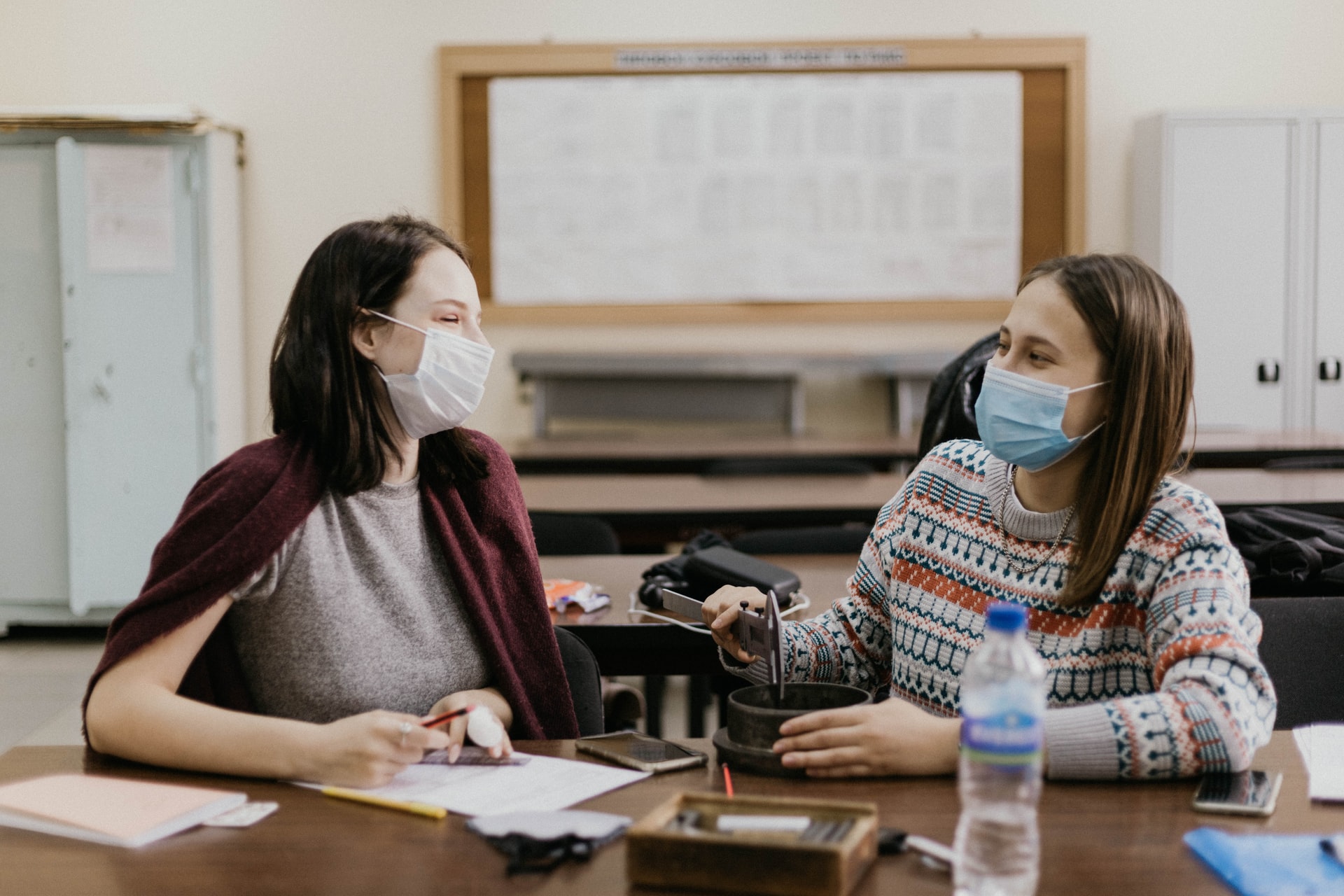 Photo by Mira Kireeva on Unsplash
Photo by Mira Kireeva on Unsplash
Businesses all over the world are slowly beginning to reopen, but schools and educational institutions face special challenges during this time period. Schools need to carefully plan their reopening strategy before restarting any in-person classes or programs. Here are three key points every school should consider:
- 0 Comments
- Apr 30, 2021 10:00:00 AM
- Posted by Natalia Galvis
- Topics: Math, Math Book, EdTech, STEM, Curriculum, teachers, students, Technology, VR, Realidad Virtual, AR, Edchat, Gendergap, Digital Technology, Augmented Reality, teaching, online, Virtual Reality, virtual learning, lessons
How to choose a STEM platform to support hybrid learning
An educator offers valuable insight on picking a STEM platform and technology provider that can withstand the rigors of today’s unique learning.
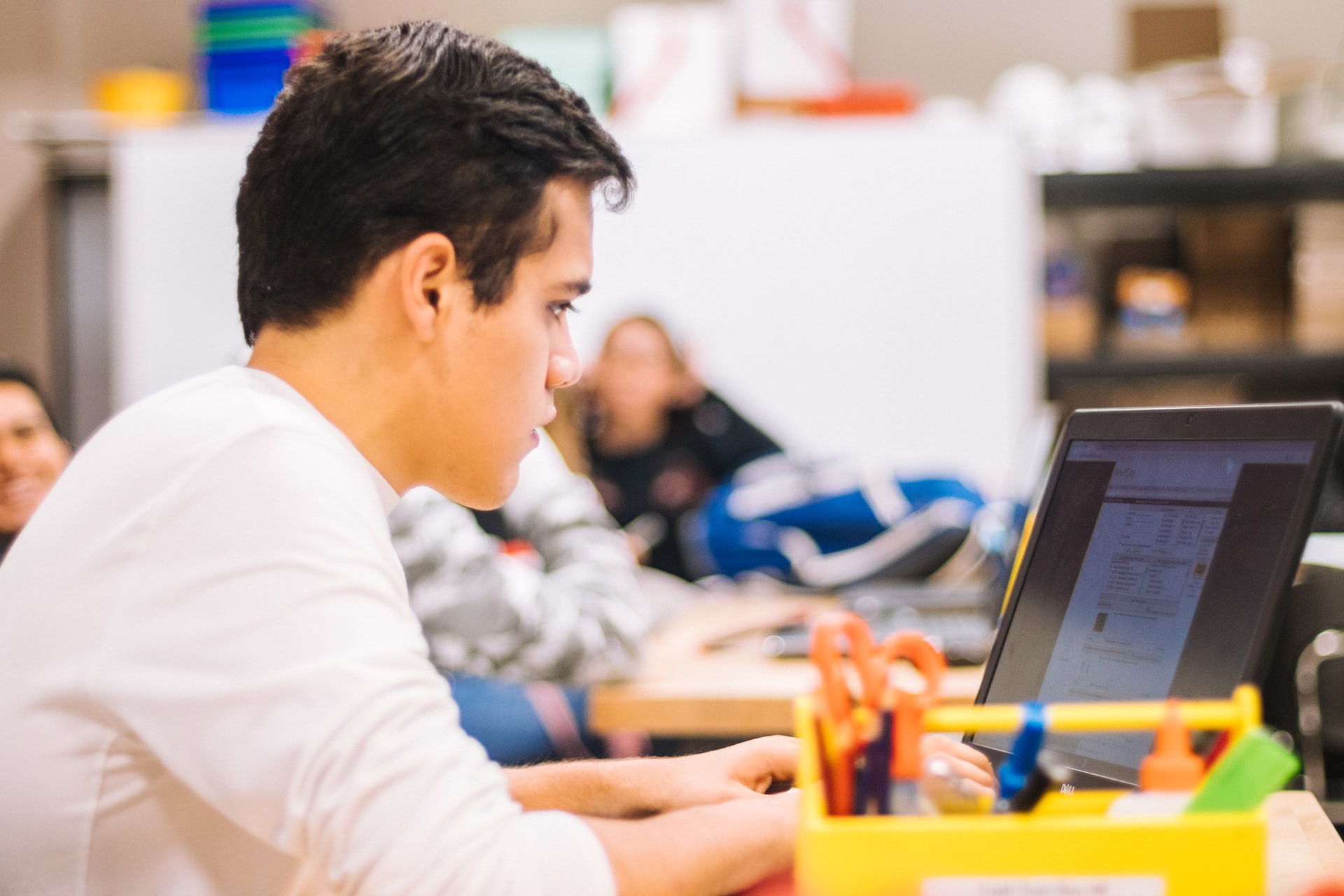 Photo by Jeswin Thomas on Unsplash
Photo by Jeswin Thomas on Unsplash
- 0 Comments
- Apr 29, 2021 10:00:00 AM
- Posted by Natalia Galvis
- Topics: Math, Math Book, EdTech, STEM, Curriculum, teachers, students, Technology, VR, Realidad Virtual, AR, Edchat, Gendergap, Digital Technology, Augmented Reality, teaching, online, Virtual Reality, virtual learning, lessons
Ways Big Data Is Transforming the Education Sector
By Daniel Wanderson
 Photo by Lukas Blazek on Unsplash
Photo by Lukas Blazek on Unsplash
When it comes to big data, most people assume it works only for businesses. But big data is equally beneficial to the education section in so many ways. It offers educational institutions and educators opportunities to educate students in new ways.
With big data, schools and teachers get better insight into students’ education experiences. It also makes it easy to understand the state of the education sector amid other benefits. This article takes an in-depth look at the ways big data is transforming the education sector.
- 0 Comments
- Apr 28, 2021 10:00:00 AM
- Posted by Natalia Galvis
- Topics: Math, Math Book, EdTech, STEM, Curriculum, teachers, students, Technology, VR, Realidad Virtual, AR, Edchat, Gendergap, Digital Technology, Augmented Reality, teaching, online, Virtual Reality, virtual learning, lessons
How To Integrate Virtual Tours To Your Online Lessons
By Theresa Cofield
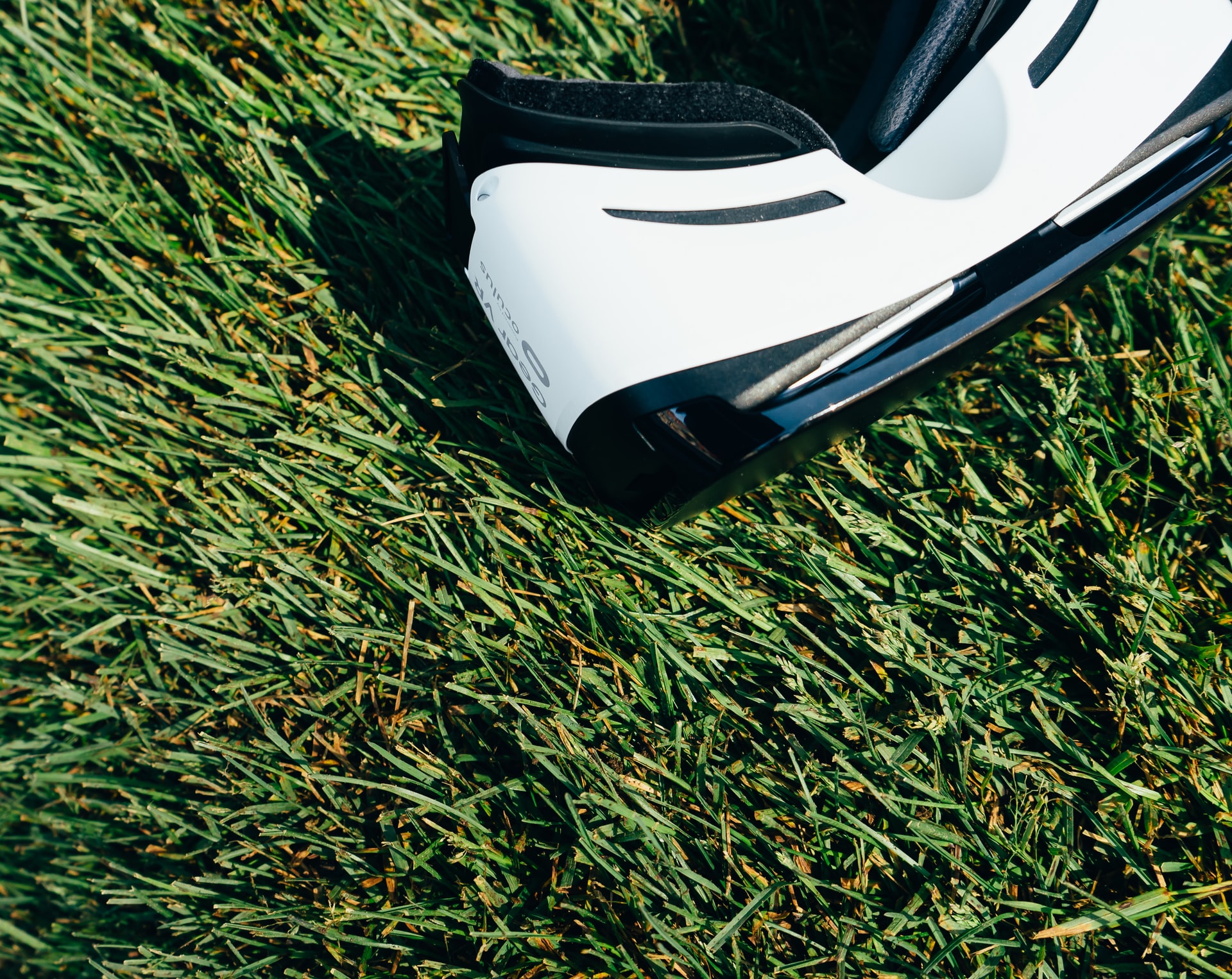 Photo by Scott Webb on Unsplash
Photo by Scott Webb on Unsplash
Online education is the new challenge of the modern world. How can teachers keep students interested in lessons and the material? Virtual tours are the new ad effective way to provide it.
- 0 Comments
- Apr 27, 2021 10:00:00 AM
- Posted by Natalia Galvis
- Topics: Math, Math Book, EdTech, STEM, Curriculum, teachers, students, Technology, VR, Realidad Virtual, AR, Edchat, Gendergap, Digital Technology, Augmented Reality, teaching, online, Virtual Reality, virtual learning, lessons
Breakout rooms in remote learning: best practices and tips
 Photo by Annie Spratt on Unsplash
Photo by Annie Spratt on Unsplash
The massive shift to virtual learning has surely changed the way educators teach, but also the way students interact in the classroom. After going through several approaches to keep your class engaged, from gamification to flipped learning, let’s take a look at the best practices and tips to get the most out of breakout rooms in remote learning.
- 0 Comments
- Apr 26, 2021 10:00:00 AM
- Posted by Natalia Galvis
- Topics: Math, Math Book, EdTech, STEM, Curriculum, teachers, students, Technology, VR, Realidad Virtual, AR, Edchat, Gendergap, Digital Technology, Augmented Reality, teaching, online, Virtual Reality, virtual learning, lessons
Creating Opportunities for Project-Based Learning in Math
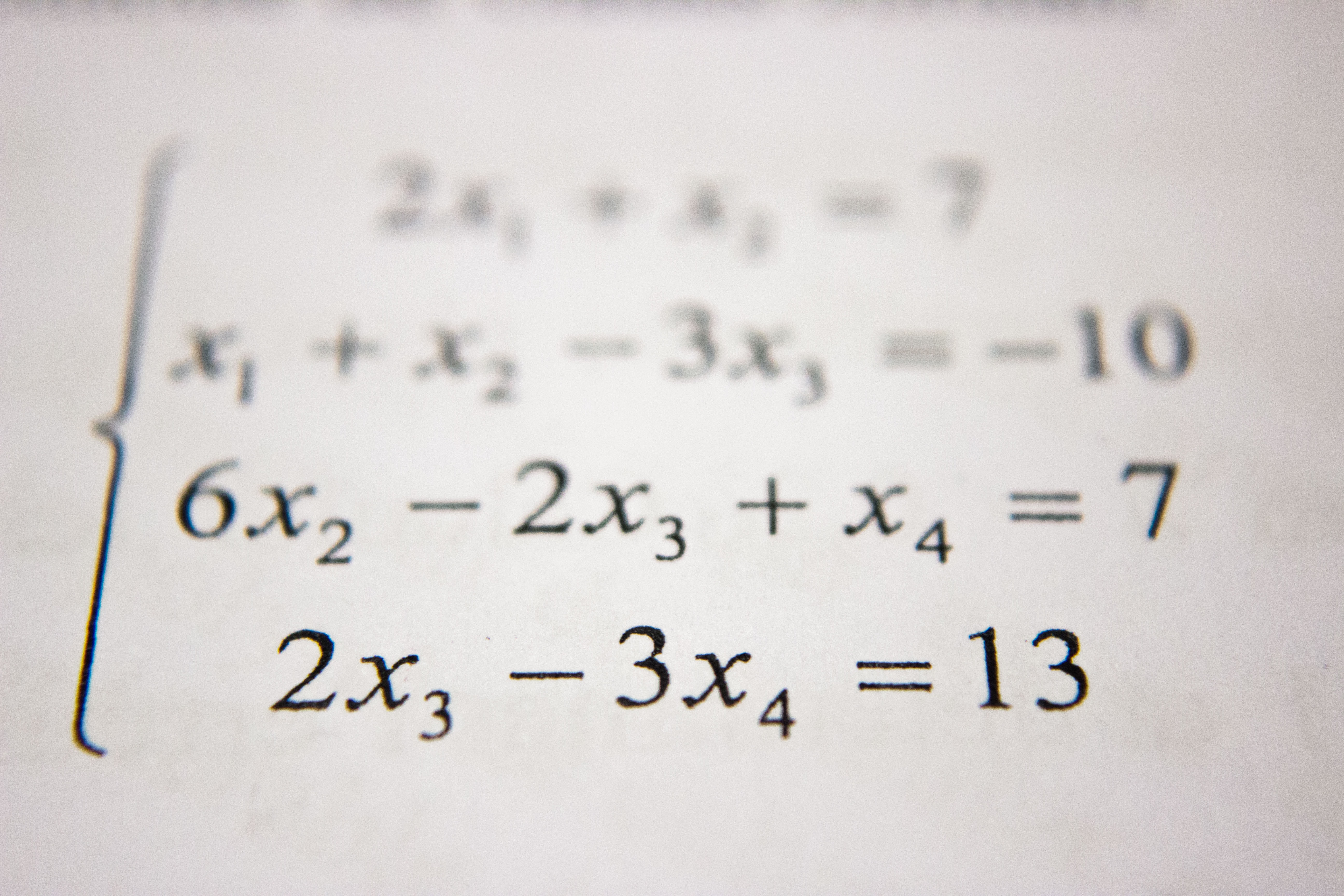 Photo by Antoine Dautry on Unsplash
Photo by Antoine Dautry on Unsplash
Rigorous PBL units in middle and high school math answer the age-old student question: “When am I ever going to need this?”
Taking the plunge into project-based learning can seem difficult in an age when standardized testing seems to reign supreme as an indicator of achievement in secondary classrooms. But the pathway to project-based learning doesn’t have to be scary for secondary math teachers. Utilizing your own expertise and curriculum materials, you can create projects that are real, relevant, and rigorous, and that answers the age-old question, “When am I ever going to need this?”
- 0 Comments
- Apr 23, 2021 10:00:00 AM
- Posted by Natalia Galvis
- Topics: Math, Math Book, EdTech, STEM, Curriculum, teachers, students, Technology, VR, Realidad Virtual, AR, Edchat, Gendergap, Digital Technology, Augmented Reality, teaching, online, Virtual Reality, virtual learning, lessons
From classroom to boardroom: Building diverse workforce tech talent starts with STEM
By Danielle Rourke & Dr. Kendall Latham
 Photo by Blaire Harmon on Unsplash
Photo by Blaire Harmon on Unsplash
Encouraging more girls to pursue STEM learning and work in STEM fields should start in the early grades.
- 0 Comments
- Apr 22, 2021 10:00:00 AM
- Posted by Natalia Galvis
- Topics: Math, Math Book, EdTech, STEM, Curriculum, teachers, students, Technology, VR, Realidad Virtual, AR, Edchat, Gendergap, Digital Technology, Augmented Reality, teaching, online, Virtual Reality, virtual learning, lessons
Benefits Of Virtual And Augmented Reality For Pre School Education
By Eric Brown
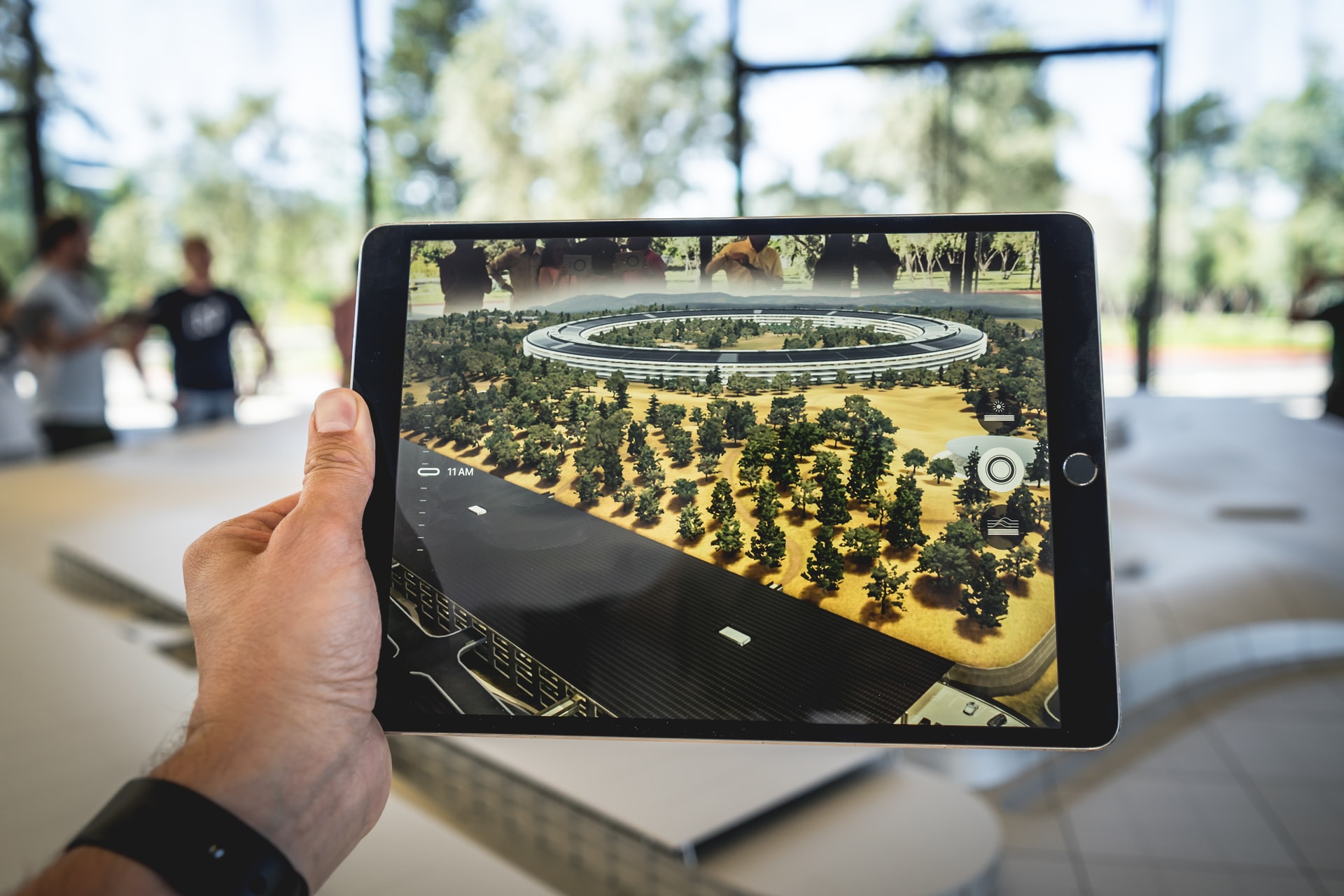
Photo by Patrick Schneider on Unsplash
The new technology has brought a lot of developments in the world. One of the developments is the use of virtual reality and augmented reality. Virtual reality is a computer-generated environment with scenes that makes users feel immersed in that surrounding. One of the perfect examples of Virtual reality is video games. Virtual video games have made CSGO betting for example, even more, popular and fun.
Physical learning is an effective way for young children to get knowledge. However, technology also plays a significant role in the development of young children. Virtual reality can alter behaviors, patterns, attitudes, and thoughts.
Virtual reality prepares children for a world that will be dominated by robots and AI. They will have the required experience to handle the technology that will come their way. Moreover, virtual reality also plays a role in enhancing the lives of children with special needs. It helps them gain the experience they need to know how to operate robots and other technology tools.
- 0 Comments
- Apr 21, 2021 10:00:00 AM
- Posted by Natalia Galvis
- Topics: Math, Math Book, EdTech, STEM, Curriculum, teachers, students, Technology, VR, Realidad Virtual, AR, Edchat, Gendergap, Digital Technology, Augmented Reality, teaching, online, Virtual Reality, virtual learning, lessons
Relevant Posts
Popular Posts
Subscribe to Email Updates
-
I Want To Learn MoreADDITIONAL INFORMATION


